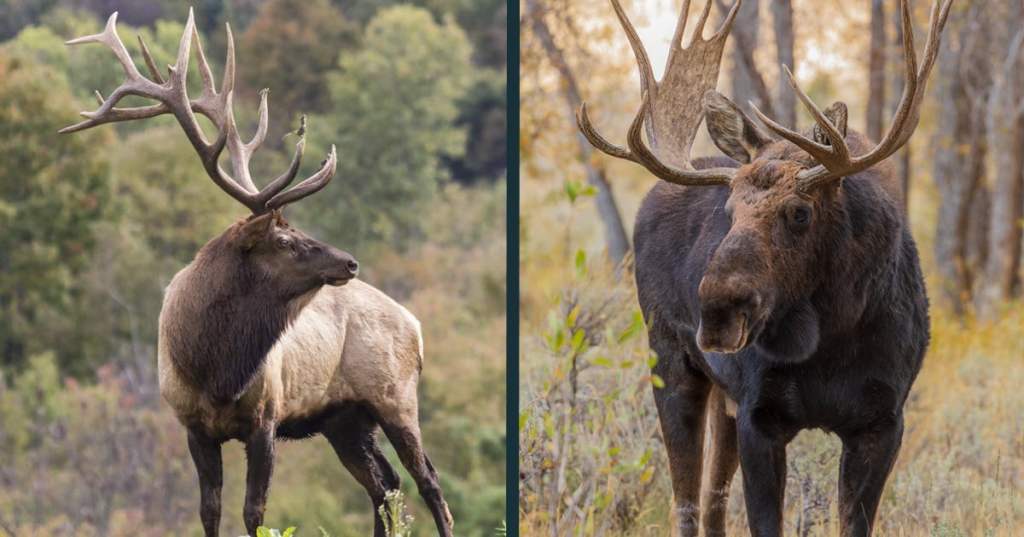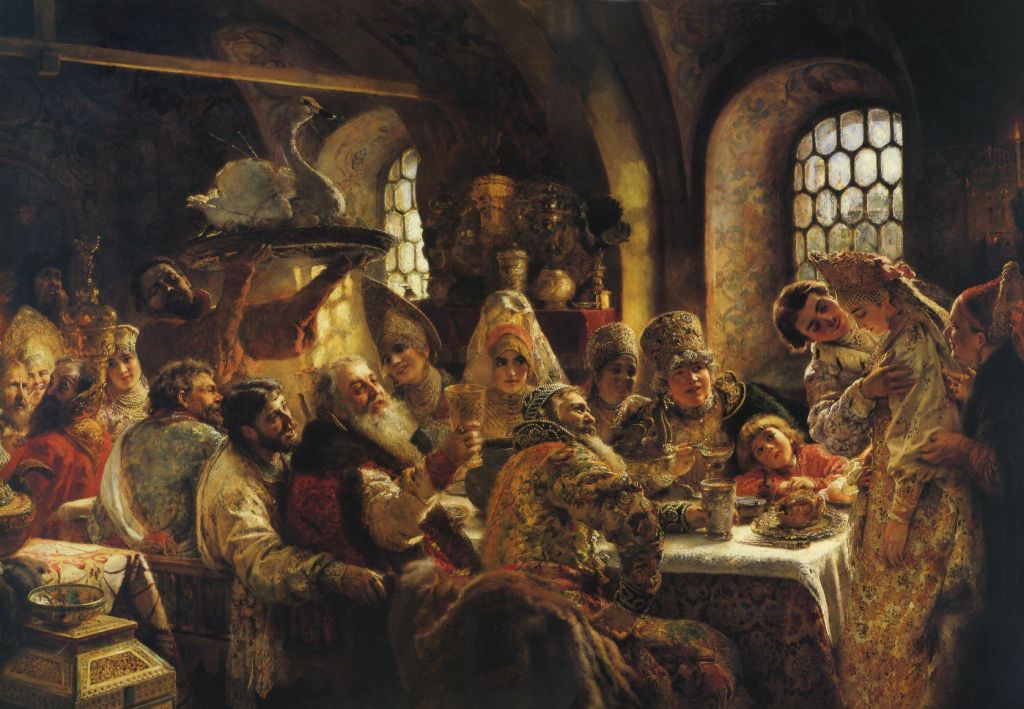“Ethan, I see our Lord…”
Damn. The finale of Penny Dreadful was incredibly good. Like a Greek Tragedy.
And once again Dorian Gray was declaimed, by himself, the most depraved and degenerate character of them all (and he always has been), and John Clare (Frankenstein’s Monster) proven the most humane and human of them all. By far.
Though finally Frankenstein himself, and Chandler, both came close…
I hope this is not the end of that show (the world needs more of that kind of thing), but if it is, it could have concluded no better.
So goodnight my friends, and I leave you with Wordsworth, and with an ode on the Imitations of Immortality.
(By the way, we also need more poetry of this calibre. Far more.)
Our world is far too much with modern and superficial self-indulgence.

There was a time when meadow, grove, and stream,
The earth, and every common sight,
To me did seem
Apparell’d in celestial light,
The glory and the freshness of a dream. 5
It is not now as it hath been of yore;—
Turn wheresoe’er I may,
By night or day,
The things which I have seen I now can see no more.
The rainbow comes and goes, 10
And lovely is the rose;
The moon doth with delight
Look round her when the heavens are bare;
Waters on a starry night
Are beautiful and fair; 15
The sunshine is a glorious birth;
But yet I know, where’er I go,
That there hath pass’d away a glory from the earth.
Now, while the birds thus sing a joyous song,
And while the young lambs bound 20
As to the tabor’s sound,
To me alone there came a thought of grief:
A timely utterance gave that thought relief,
And I again am strong:
The cataracts blow their trumpets from the steep; 25
No more shall grief of mine the season wrong;
I hear the echoes through the mountains throng,
The winds come to me from the fields of sleep,
And all the earth is gay;
Land and sea 30
Give themselves up to jollity,
And with the heart of May
Doth every beast keep holiday;—
Thou Child of Joy,
Shout round me, let me hear thy shouts, thou happy 35
Shepherd-boy!
Ye blessèd creatures, I have heard the call
Ye to each other make; I see
The heavens laugh with you in your jubilee;
My heart is at your festival, 40
My head hath its coronal,
The fulness of your bliss, I feel—I feel it all.
O evil day! if I were sullen
While Earth herself is adorning,
This sweet May-morning, 45
And the children are culling
On every side,
In a thousand valleys far and wide,
Fresh flowers; while the sun shines warm,
And the babe leaps up on his mother’s arm:— 50
I hear, I hear, with joy I hear!
—But there’s a tree, of many, one,
A single field which I have look’d upon,
Both of them speak of something that is gone:
The pansy at my feet 55
Doth the same tale repeat:
Whither is fled the visionary gleam?
Where is it now, the glory and the dream?
Our birth is but a sleep and a forgetting:
The Soul that rises with us, our life’s Star, 60
Hath had elsewhere its setting,
And cometh from afar:
Not in entire forgetfulness,
And not in utter nakedness,
But trailing clouds of glory do we come 65
From God, who is our home:
Heaven lies about us in our infancy!
Shades of the prison-house begin to close
Upon the growing Boy,
But he beholds the light, and whence it flows, 70
He sees it in his joy;
The Youth, who daily farther from the east
Must travel, still is Nature’s priest,
And by the vision splendid
Is on his way attended; 75
At length the Man perceives it die away,
And fade into the light of common day.
Earth fills her lap with pleasures of her own;
Yearnings she hath in her own natural kind,
And, even with something of a mother’s mind, 80
And no unworthy aim,
The homely nurse doth all she can
To make her foster-child, her Inmate Man,
Forget the glories he hath known,
And that imperial palace whence he came. 85
Behold the Child among his new-born blisses,
A six years’ darling of a pigmy size!
See, where ‘mid work of his own hand he lies,
Fretted by sallies of his mother’s kisses,
With light upon him from his father’s eyes! 90
See, at his feet, some little plan or chart,
Some fragment from his dream of human life,
Shaped by himself with newly-learnèd art;
A wedding or a festival,
A mourning or a funeral; 95
And this hath now his heart,
And unto this he frames his song:
Then will he fit his tongue
To dialogues of business, love, or strife;
But it will not be long 100
Ere this be thrown aside,
And with new joy and pride
The little actor cons another part;
Filling from time to time his ‘humorous stage’
With all the Persons, down to palsied Age, 105
That Life brings with her in her equipage;
As if his whole vocation
Were endless imitation.
Thou, whose exterior semblance doth belie
Thy soul’s immensity; 110
Thou best philosopher, who yet dost keep
Thy heritage, thou eye among the blind,
That, deaf and silent, read’st the eternal deep,
Haunted for ever by the eternal mind,—
Mighty prophet! Seer blest! 115
On whom those truths do rest,
Which we are toiling all our lives to find,
In darkness lost, the darkness of the grave;
Thou, over whom thy Immortality
Broods like the Day, a master o’er a slave, 120
A presence which is not to be put by;
To whom the grave
Is but a lonely bed without the sense or sight
Of day or the warm light,
A place of thought where we in waiting lie; 125
Thou little Child, yet glorious in the might
Of heaven-born freedom on thy being’s height,
Why with such earnest pains dost thou provoke
The years to bring the inevitable yoke,
Thus blindly with thy blessedness at strife? 130
Full soon thy soul shall have her earthly freight,
And custom lie upon thee with a weight,
Heavy as frost, and deep almost as life!
O joy! that in our embers
Is something that doth live, 135
That nature yet remembers
What was so fugitive!
The thought of our past years in me doth breed
Perpetual benediction: not indeed
For that which is most worthy to be blest— 140
Delight and liberty, the simple creed
Of childhood, whether busy or at rest,
With new-fledged hope still fluttering in his breast:—
Not for these I raise
The song of thanks and praise; 145
But for those obstinate questionings
Of sense and outward things,
Fallings from us, vanishings;
Blank misgivings of a Creature
Moving about in worlds not realized, 150
High instincts before which our mortal Nature
Did tremble like a guilty thing surprised:
But for those first affections,
Those shadowy recollections,
Which, be they what they may, 155
Are yet the fountain-light of all our day,
Are yet a master-light of all our seeing;
Uphold us, cherish, and have power to make
Our noisy years seem moments in the being
Of the eternal Silence: truths that wake, 160
To perish never:
Which neither listlessness, nor mad endeavour,
Nor Man nor Boy,
Nor all that is at enmity with joy,
Can utterly abolish or destroy! 165
Hence in a season of calm weather
Though inland far we be,
Our souls have sight of that immortal sea
Which brought us hither,
Can in a moment travel thither, 170
And see the children sport upon the shore,
And hear the mighty waters rolling evermore.
Then sing, ye birds, sing, sing a joyous song!
And let the young lambs bound
As to the tabor’s sound! 175
We in thought will join your throng,
Ye that pipe and ye that play,
Ye that through your hearts to-day
Feel the gladness of the May!
What though the radiance which was once so bright 180
Be now for ever taken from my sight,
Though nothing can bring back the hour
Of splendour in the grass, of glory in the flower;
We will grieve not, rather find
Strength in what remains behind; 185
In the primal sympathy
Which having been must ever be;
In the soothing thoughts that spring
Out of human suffering;
In the faith that looks through death, 190
In years that bring the philosophic mind.
And O ye Fountains, Meadows, Hills, and Groves,
Forebode not any severing of our loves!
Yet in my heart of hearts I feel your might;
I only have relinquish’d one delight 195
To live beneath your more habitual sway.
I love the brooks which down their channels fret,
Even more than when I tripp’d lightly as they;
The innocent brightness of a new-born Day
Is lovely yet; 200
The clouds that gather round the setting sun
Do take a sober colouring from an eye
That hath kept watch o’er man’s mortality;
Another race hath been, and other palms are won.
Thanks to the human heart by which we live, 205
Thanks to its tenderness, its joys, and fears,
To me the meanest flower that blows can give
Thoughts that do often lie too deep for tears.










You must be logged in to post a comment.